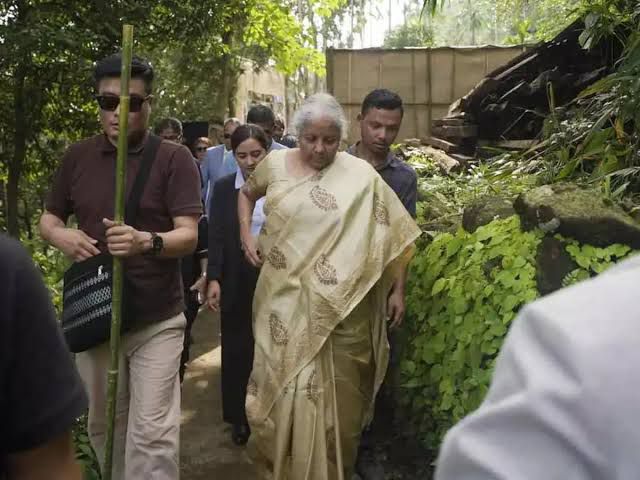 Image Source : Business Standard
Image Source : Business Standard
India is accelerating efforts to build larger, globally competitive banks as part of its long-term vision to scale the economy to $30 trillion by 2047. With credit expansion seen as a critical lever, policymakers are pushing for structural reforms, mergers, and new licenses to create institutions capable of funding large-scale infrastructure and industrial growth.
Key Highlights:
-
Bank lending currently stands at 56% of GDP; to meet the 2047 target, it must rise to nearly 130%.
-
State Bank of India remains the only Indian lender with global heft; the government aims to create four or five more such institutions.
-
Larger banks are better equipped to handle complex risks and fund mega projects across manufacturing, services, and infrastructure.
Challenges and Roadblocks:
-
Legacy non-performing assets (NPAs) continue to constrain credit growth, despite asset reconstruction efforts.
-
Public sector banks still face governance issues and limited autonomy, slowing balance sheet expansion.
-
The proposal to allow large corporate groups into banking has sparked concerns over conflicts of interest and cronyism.
Strategic Moves Underway:
-
The government is considering new banking licenses and relaxing foreign ownership norms to attract capital.
-
Mergers and privatization of PSU banks are being explored to streamline operations and boost efficiency.
-
Fintech integration and digital transformation are expected to play a pivotal role in modernizing the sector.
Sources: Invezz, Bloomberg, Yahoo Finance, Economic Times, GLG Insights, Vajirao Institute (July 2025)
Advertisement
Advertisement







